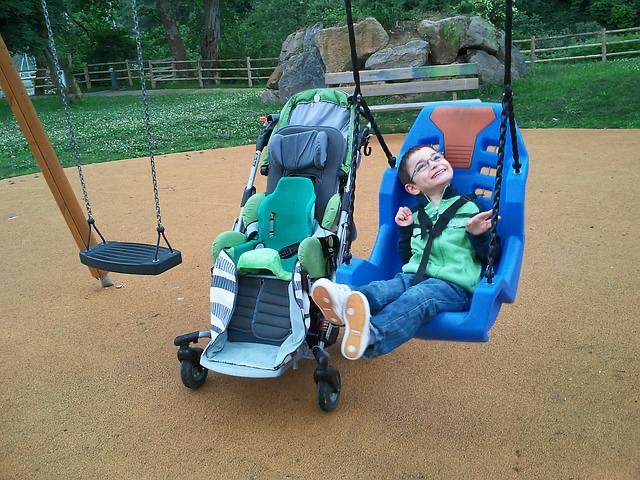
Parenting can be fun and challenging at the same time. However, parenting a child with special needs is even more challenging. It can leave you stressed, exhausted, and doubting your parenting skills. Raising a child with special needs sometimes causes uncertainty about what’s best for them, frustration due to information inconsistency from specialists, sadness for unfulfilled dreams, and resentment for days filled with challenges.
To effectively care for a child with special needs, accept their condition, seek medical advice, research, and embrace every challenge that comes your way. This article outlines tips for parenting children with special needs.
1. Understand their needs
If you’re new to parenting a child with special needs, everyday struggles trying to understand their actions, behavior, and mind can be frustrating and overwhelming in the beginning. Put yourself in their place and try figuring out how best to care for them.
You can also talk to their doctor, specialist, therapist, or school counselor to gain more insights into their condition and what you can do to improve their quality of life. Consider researching your child’s disability to see if it can be improved or cured and everything you can do to improve their life. In today’s digital world, you can find almost any information online.
2. Enroll them in school or learning centers
While school can be challenging for kids with special needs, the law demands that they get an education comparable to those without disabilities. When looking for a school, consider your child’s needs and enroll them in institutions that support their condition for quality nurturing.
Before registering, you can learn more about their special education rights as mandated by the law. Look for ways to help a child with special learning needs, get involved in their schooling, and track their progress. Find out what they learn in school daily, then engage them at home.
3. Look for a support system and ask for help
Joining a support group with parents walking the same path as you encourages you and helps you discover new resources and coping strategies to apply when nurturing your child. You’ll find out that other parents face the same frustrations and challenges you do, which makes things a little easier and bearable.
Asking for help doesn’t make you weak or imply that your parenting skills are incorrect. It could be that you need more information to care for your child better. You can talk to your doctor for referral specialists, the child’s teacher for any recommendations to assist your kid academically, a counselor for personal support, and your spouse to brainstorm how to raise your child better.
4. Appreciate your child’s efforts
Appreciating your child for their efforts to learn new things makes them feel motivated and appreciated. Learn to appreciate them even when they aren’t doing well to help them achieve a greater perspective. Don’t let your child suffer an inferiority complex, which could hurt their self-esteem.
5. Take care of yourself
Taking some time to care for yourself can be difficult, but you need it to relax and recharge to care for your child better. Neglecting yourself leaves you drained and unable to care for anyone else well enough. You can indulge in self-care activities like massages, relaxing baths, exercising, and things that help you relax.
Endnote
Caring for a child with a disability and special needs isn’t easy. However, these tips can help you parent them effectively.